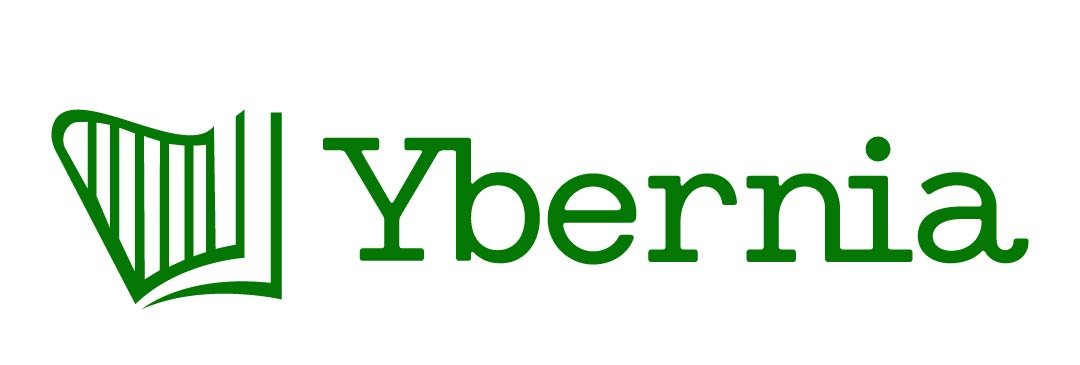His devilish art, by Warwick Wise - a glossary
A Late Eighteenth-century Glossary by writer Warwick Wise to accompany the reading of his forthcoming new novel His Devilish Art, out 25th March.
It perhaps sounds trite to say that writing starts with the words, but for me this has always been true in the most literal sense. There are writers I love who are primarily concerned with plot and character development, and I sometimes wish I was one of them; but, for better or worse, it’s not the way my brain works. First and foremost, writing for me is connected to the joy I feel in thinking about individual words, and the power they release when pressed into strange combinations.
Quite a few books have been written in a modern approximation of eighteenth-century English (Thomas Pynchon’s Mason & Dixon being one especially monumental example). His Devilish Art does not go that far; but I did want to use some phrasing and vocabulary of the period, and I especially wanted to make sure that the words I was choosing to tell the story were ones that were actually used at the time. This excluded many that would otherwise have been useful, but that’s a welcome puzzle to wrestle with. As always, it’s the terms that look familiar that turn out to be the trickiest: when Frances Burney is offended by someone saluting her, or when Joshua Reynolds is praised for being a master of both the pencil and the pen, we cannot understand what is meant unless we know that saluting, in the eighteenth century, meant kissing, and that a pencil was what we’d now call a paintbrush.
Not all of the unfamiliar words in the book are in this list (they may not be uniquely eighteenth-century). And certainly not all of the words listed here were used in the book. Rather, this is a version of the wordlist that I compiled while I was researching, and which served as a storehouse to draw from when I was imagining scenes and interactions. It was a time when the English language was at its most extravagant and creative – as challenging, playful and exciting as the people that were using it.
Download the glossary.
